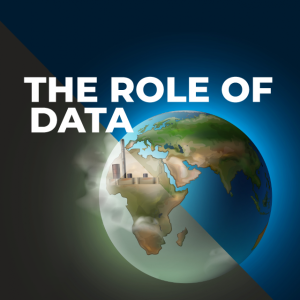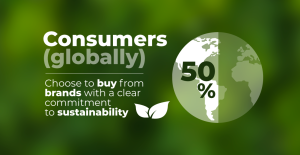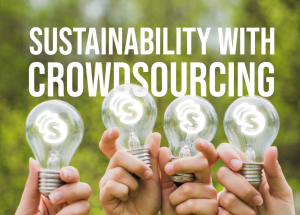The Role of Data in Achieving Sustainability
Retail is undergoing an unprecedented transition. And as consumer behavior changes over time, sustainability gathers momentum at both product and brand levels. Experts assure that nearly 50% of consumers globally choose to buy from brands with a clear commitment to sustainability; for retailers, becoming more sustainable is now a must if they want to meet consumers’ increasing demand for brands that prioritize environmental responsibility.
Having said this, sustainability offers an opportunity to better connect with customers. If brands want to remain competitive, they must place a greater emphasis on sustainability to reach all the consumers who prioritize these efforts when making purchasing decisions.


Data and Analytics are crucial to achieving sustainability in your business.
We understand that brands often struggle to lower their footprint in a way that is scalable to their operations. However, there are small steps that every company should take that are adaptable to businesses of every size.
Remember that companies can only manage what they can measure, so data is crucial for sustainability efforts.
To maximize sustainability efforts effectively, retailers must use science-backed data. These insights are a powerful way to measure consumer demand for sustainable products using current and past sales data, identify the most profitable promotional strategies, and minimize waste from the beginning.
1. Better monitor customer demand
Adapting to consumers’ changing behavior can be difficult. Monitoring this evolving demand for sustainable products leads to many questions: What are the most effective promotions? How many products are required in stock? What is the right pricing strategy to remain competitive?
The good news is brands can collect data to evaluate any changes in demand and establish the best pricing approach for sustainable products. With the help of real-time analytics on consumer demand, retailers can determine which products are worth stocking up on, identifying margin opportunities.
2. Improve promotional effectiveness
Analytics is very helpful for quickly determining if promoting a sustainable and local brand is performing better than promoting a less sustainable and national brand. Using consumer behavior information, brands can deliver effective and targeted promotions to those who demand sustainability. This allows them to identify opportunities for a higher customer conversion rate.

Drive Sustainability with the help of Crowdsourcing!
Consumers’ demand for sustainable products is rising, and retailers must prepare their promotions and markdowns to adjust to evolving trends and keep customers loyal. Lucky for them, Crowdsourcing improves product innovation! Traditional and emerging businesses have deployed Crowdsourcing to transform how they design and develop new products. As a result, customers contribute real insight to enable companies to meet their needs.
With sustainability at the top of customers' agendas, our tool can positively impact supply chain management, ensuring that retailers are better positioned to prioritize sustainability.
